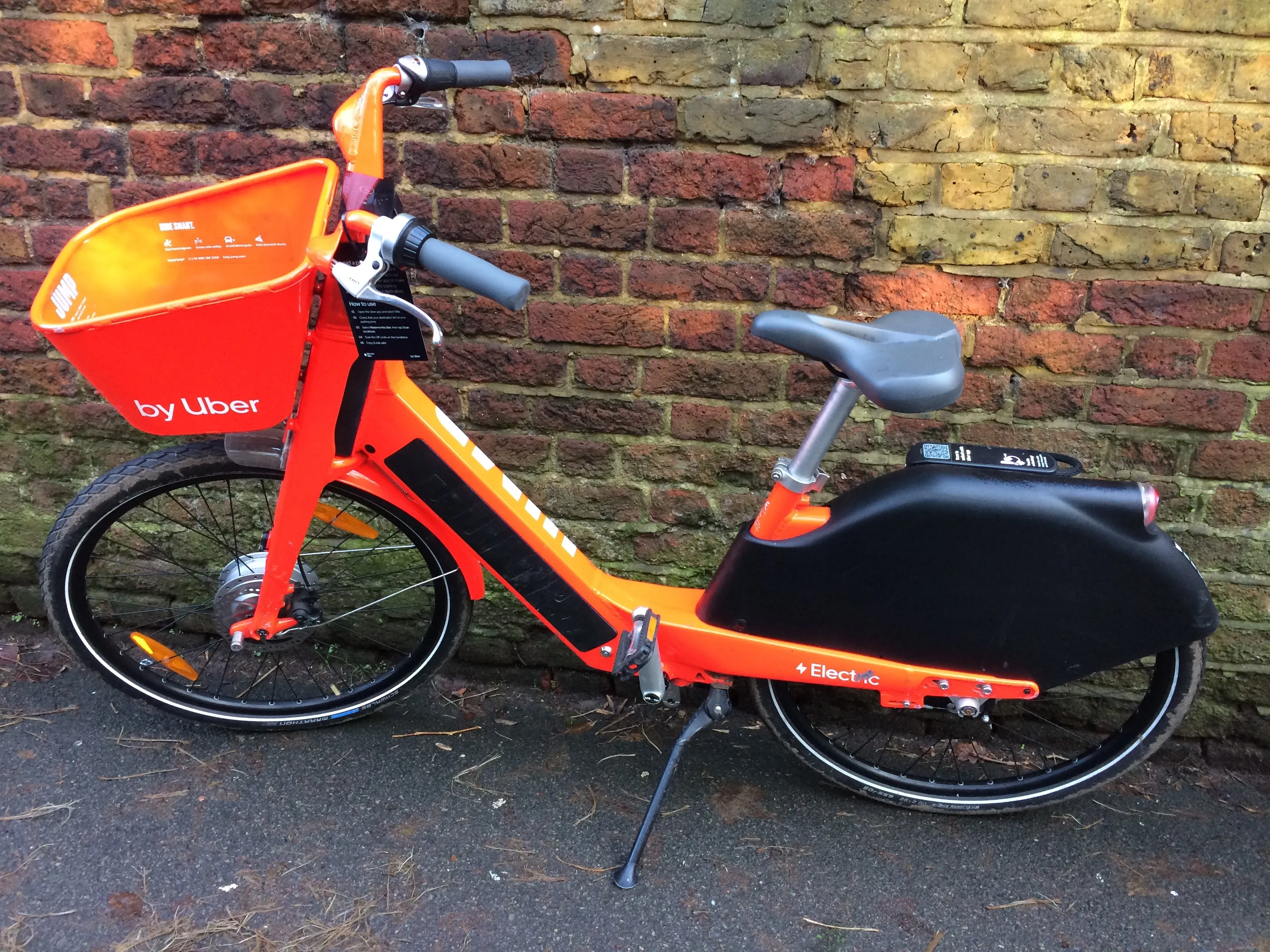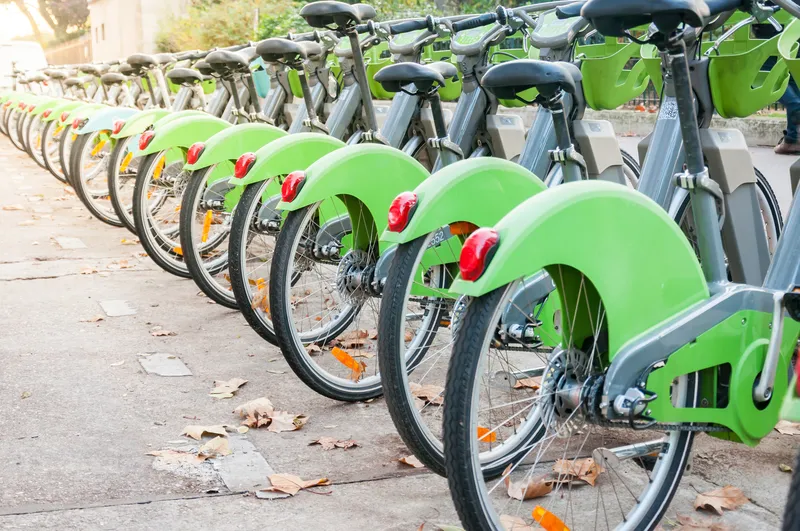
In a letter, Uber – which owns the Jump bike-share brand - says new mobility infrastructure legislation would require new lanes for every street once it is re-paved. The company suggests using a formula developed by the National Association of City Transportation Officials for determining bike infrastructure based on traffic speed and volume.
Congestion pricing legislation would help fund mass transit and mobility infrastructure while helping decrease traffic by disincentivising the dependence on personal cars, the ride-hailing giant adds.
As part of the commitment, Uber is launching a free data tool that combines Jump bike volume with a city street view. It says this will aid decision-making in improving bike safety throughout a city while also allowing users to compare weekday and weekend volume.
According to Uber, the tool - available in San Francisco, Washington, DC and Paris - can help cities better pinpoint where new micromobility infrastructure, like protected bike lanes, can be located to serve the most people on bikes and scooters in a city.










